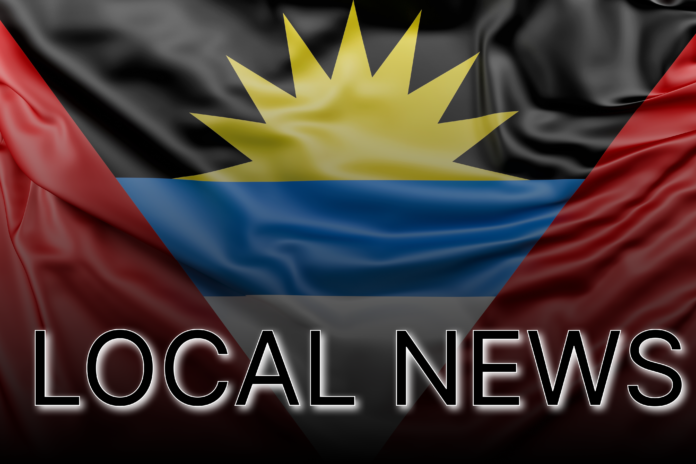Vice Chairman of the Caricom Reparations Commission Dobrene O’Marde said that yesterday’s international day for remembrance served as an opportunity to celebrate the lives of our ancestors who resisted slavery.
Yesterday saw the world reflect on the legacy of slavery and the slave trade as the International Day for Remembrance of the Victims of Slavery and the Transatlantic Slave Trade were commemorated.
Two experts on the legacy of the history of slavery spoke on Observer AM about the significance of the day.
O’Marde pointed out that yesterday’s significance was rooted in focusing on the results of “what must be considered one of the ruthless periods in history of the domination of the African people by Europeans.”
Also speaking on Observer AM yesterday, former Director of the National Archives, Joseph Prosper added that the day served as a time to reflect on the “consequences of this tragedy, and interactions between Africa, Europe, the Americas and the Caribbean”.
Every year since 2007, the United Nations has used March 25 to reflect on the millions of Africans and their descendants who were forced out of their homelands, exploited and dehumanised through a systematic cycle of abuse and racism.
“If we look in our Caribbean society today, we look at our own education, our own health. the conditions in which indigenous people live in this Caribbean, around culture and heritage and access and use of technology for development, we can identify in all these fields that resulted directly from the issues of chattel slavery,” O’Marde noted on the same programme.
“I want us not only to [not only use this moment to] think of ourselves as victims but also to use this as an opportunity to understand the debt we owe to those who gave their lives, who resisted, to those who brought an end to slavery in this part of the world,” he added.
The theme for this year’s commemoration was ‘Ending Slavery’s Legacy of Racism—a global imperative for justice’.
Speaking at the UN General Assembly in New York, Chairman of the Caricom Reparations Commission, Sir Hilary Beckles noted that the legislative tools used to degrade African life and dehumanise slaves continue to haunt the region today.
He said that the region must use the historical experiences to advocate for freedom and justice across the world.
“We must stand united today, all people of goodwill, to end all massacres of innocent people whose only sin is the demand for freedom and justice.
“We, in the Americas and the Caribbean, know all too well how a few hundred desperate enslaved people would rebel to preserve their dignity but in response, the enslavers would massacre thousands for this audacity,” Sir Hilary said.
However, Prosper said that he believes that the impact of slavery is losing its importance and relevance among young people.
“Racism don’t seem to ring a bell in their minds; I don’t know if it because we live in Antigua where we are not seeing it,” he reflected.

